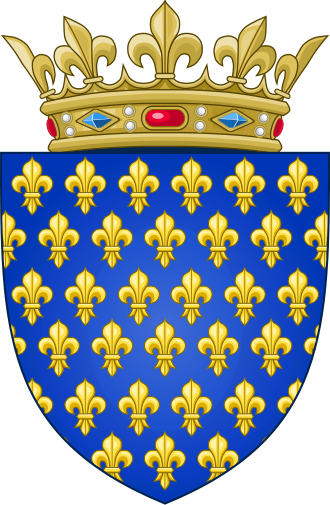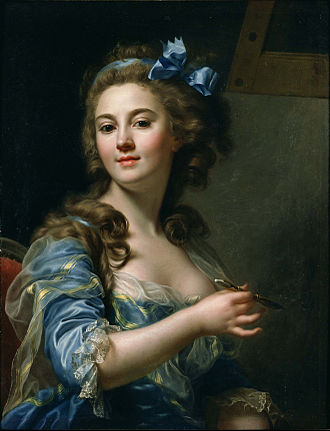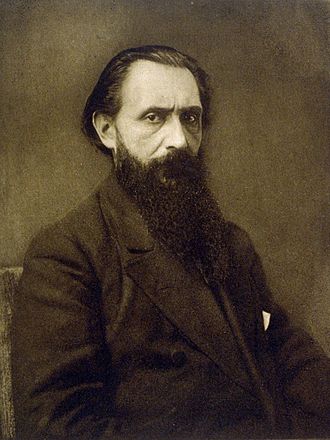Capet Last Name Origin, History, and Meaning
Where did the surname Capet come from? What does the surname Capet mean? Discover the history and meaning of the last name Capet and family migration on YourRoots Map.
Surname Capet Origin: What does the last name Capet mean?
Capet is a surname with French origins that first appeared in records from France around the early 9th century, according to YourRoots data. The name remained closely associated with France from the 9th to the 18th centuries and eventually spread globally, with family records found in countries like England. By the 20th century, the volume of records with the Capet surname significantly increased in France, where it remains prominent, and is also present in countries like England and other regions.
Capet Last Name History: Where did the last name Capet come from?
Origin of Capet Surname: Where does the last name Capet originate from?
According to YourRoots data, the surname Capet first appeared in records from France around the early 9th century. Please note that this reflects only YourRoots data for the exact Capet spelling and does not include other record sources or surname variations.
History of the Last Name Capet: What does the Capet surname history look like in the early days?
The Capet surname remained closely associated with France from the 9th to the 18th centuries. YourRoots data also shows Capet family records in countries like England, indicating global spread over the centuries.
Global Spread: Where can we find the Capet surname today?
By the 20th century, the volume of records with the Capet surname grew significantly in France. The Capet surname remains prominent in France. It appears in many countries, including England and other regions.
Explore Capet last name heritage and Capet surname origin based on YourRoots Map data
 VIEW THE ORIGIN OF SURNAME CAPET
VIEW THE ORIGIN OF SURNAME CAPETFamous People With Capet Surame?

House of Capet
The House of Capet (French: Maison capétienne) ruled the Kingdom of France from 987 to 1328. It was the most senior line of the Capetian dynasty. The direct line of the House of Capet came to an end in 1328, passing the throne to the House of Valois. The Capets were sometimes called "the Third Race of Kings" and were descendants of Charlemagne. The House of Bourbon, a Capetian branch, took over in 1589, followed by the House of Orléans in 1830. The Capetian kings were initially weak rulers but secured power with Church support. Their history is intertwined with the Plantagenets in England, leading to territorial gains and challenges.

Marie-Gabrielle Capet
Marie-Gabrielle Capet (Sep 6, 1761 - Nov 1, 1818) was a French Neoclassical painter known for her exquisite portrait paintings. Rising from a modest background, she honed her skills under the tutelage of Adélaïde Labille-Guiard in Paris. Capet's works, including oil paintings, watercolors, and miniatures, were highly praised for their draftsmanship and use of color. She counted members of the royal family and Parisian elites among her clientele. Capet's legacy lives on through her stunning miniatures, with notable pieces housed in The Louvre. She passed away in Paris at the age of 57, leaving behind a remarkable artistic footprint.

Lucien Capet
Lucien Louis Capet (8 Jan 1873 – 18 Dec 1928) was a French violinist, pedagogue, and composer known for his exceptional technique and warm tone. Growing up in the Paris proletariat, he went on to become a concertmaster, form the Capet Quartet, and teach influential students like Jascha Brodsky and Ivan Galamian. Capet's book on bowing technique is still essential for violinists today, and his collaborations with bowmaker Joseph Arthur Vigneron led to the development of the Lucien Capet model bow. With a successful career as a soloist and chamber musician, Capet's legacy lives on through his recordings and contributions to violin technique.

André Capet
André Capet (30 Nov 1939 – 31 Dec 2000) was a French politician for the Socialist Party, serving as a member of the National Assembly from 1993 to 1997. Representing Pas-de-Calais's 7th constituency, Capet was known for his dedication to public service. His son, Yann Capet, followed in his political footsteps, representing the same seat from 2012 to 2017. The Capet family's commitment to politics has left a lasting impact on their community.

Yann Capet
Yann Capet (born Dec 31, 1975) is a French politician known for his tenure in the National Assembly from 2012 to 2017. Representing Pas-de-Calais's 7th constituency, he was a member of the Socialist Party. Capet's dedication to public service and political advocacy has left a lasting impact on French politics.
All images displayed on this page are sourced from Wikipedia or Wikimedia Commons.We use these images under their respective Creative Commons or public domain licenses. Wherever applicable, author attributions and license information are provided. If you believe an image is used incorrectly or outside its license terms, please contact us so that we can review and correct the issue.




.png)